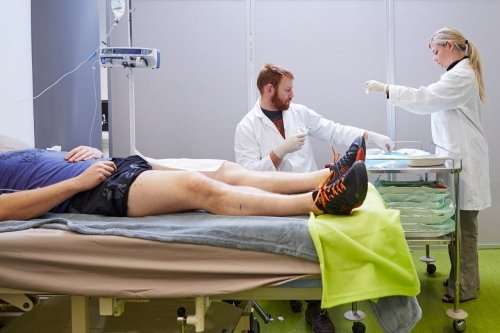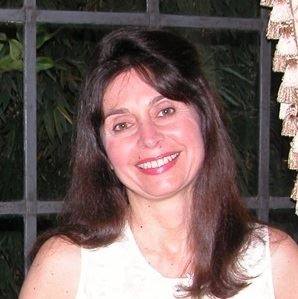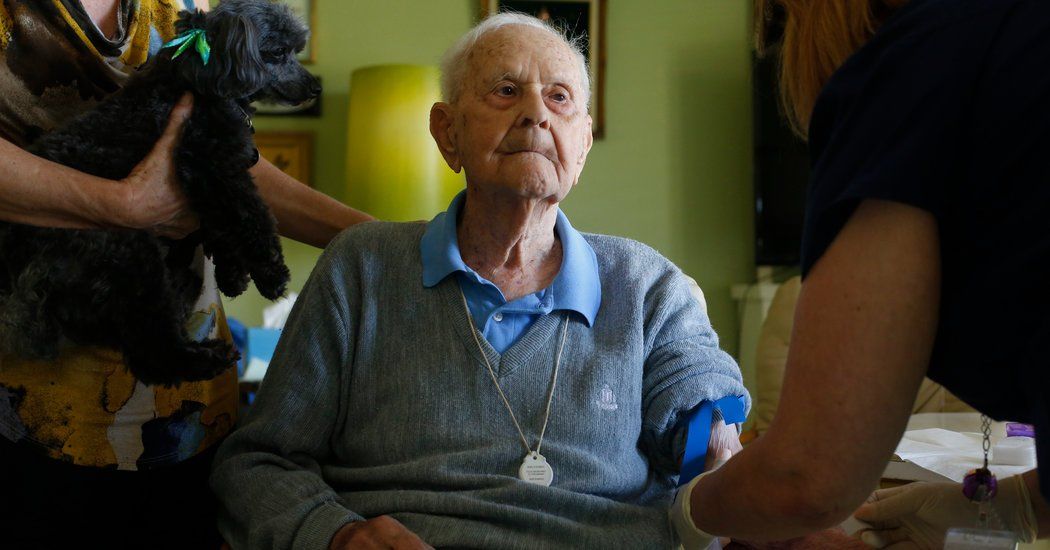The amount of protein recommended by international guidelines is not sufficient to maintain muscle size and strength in older men, according to a new study.
Researchers say their findings mean older men should aim to have high quality protein at every meal.
The size of our skeletal muscles – the muscles we use to move our body – and our ability to perform everyday tasks naturally decline with age from the around the fifth decade. Severe muscle loss can lead to frailty, loss of independence and a greater risk of dying.







